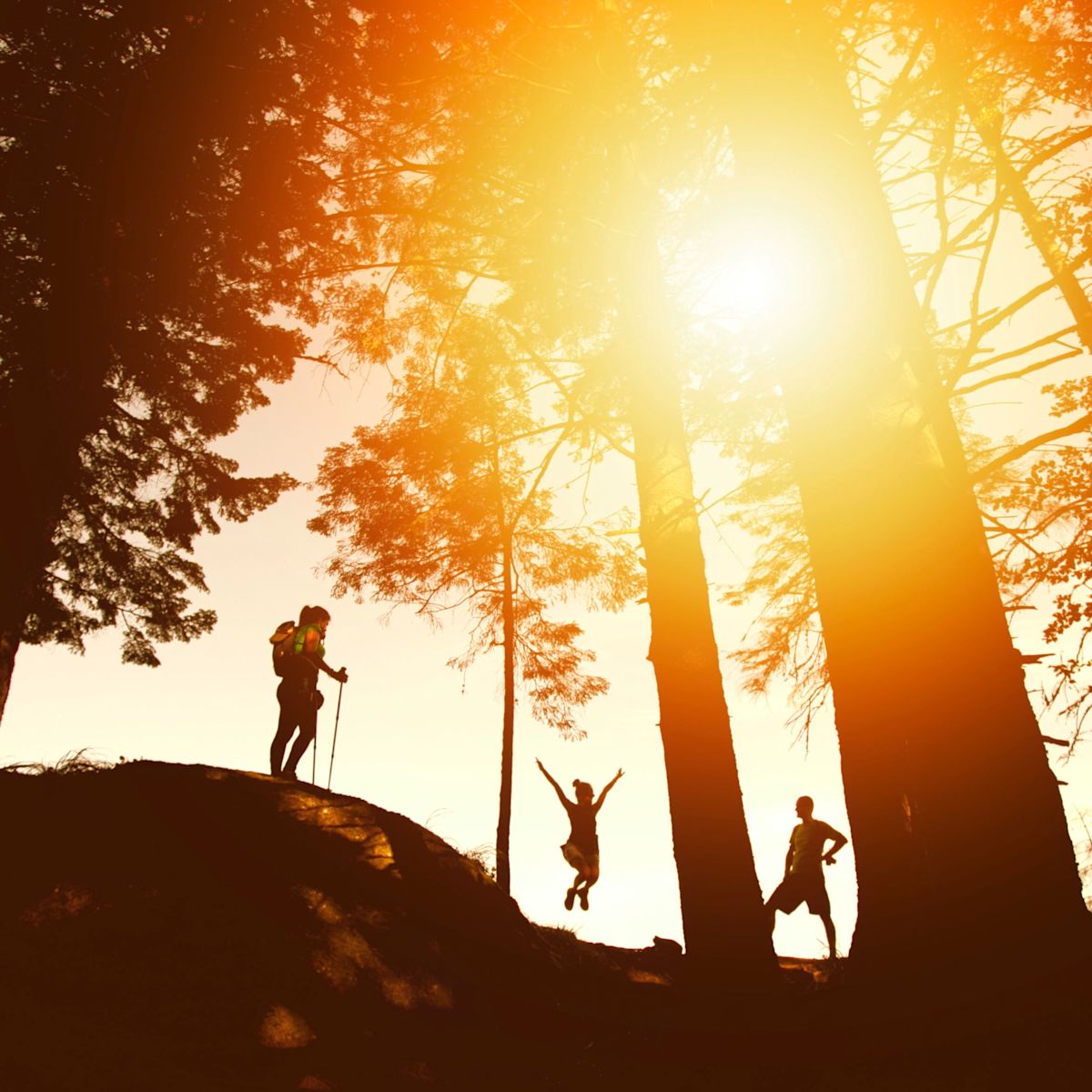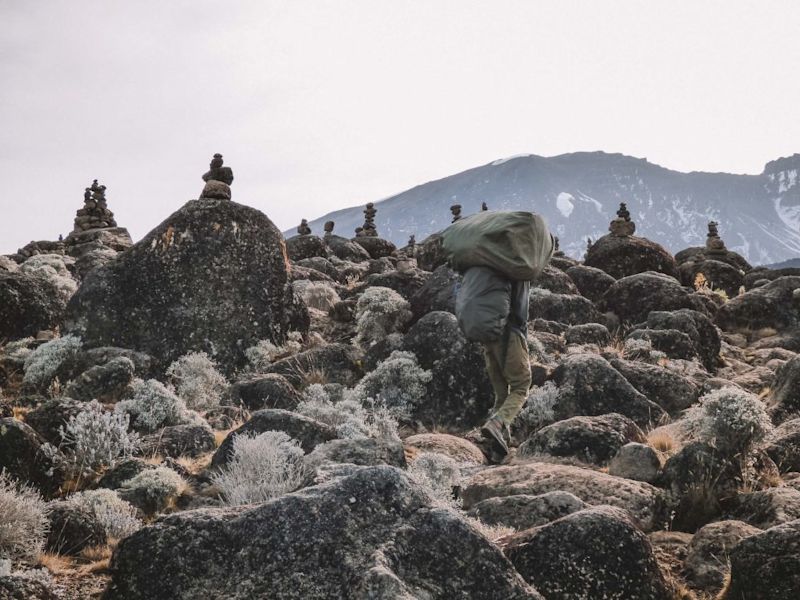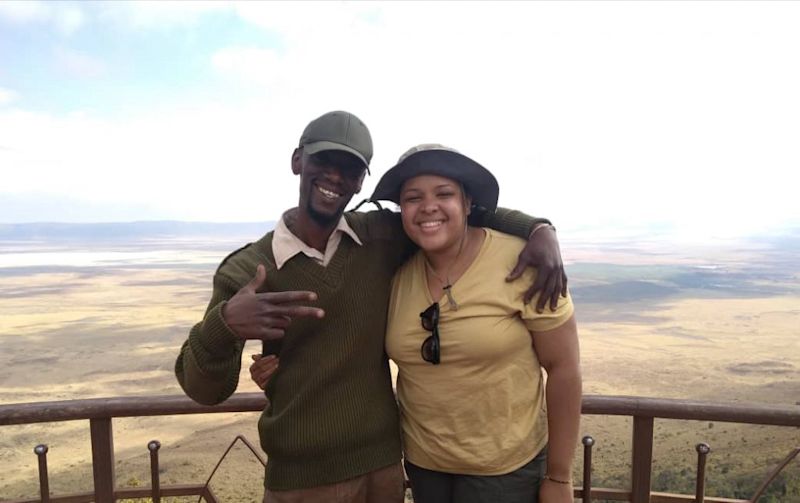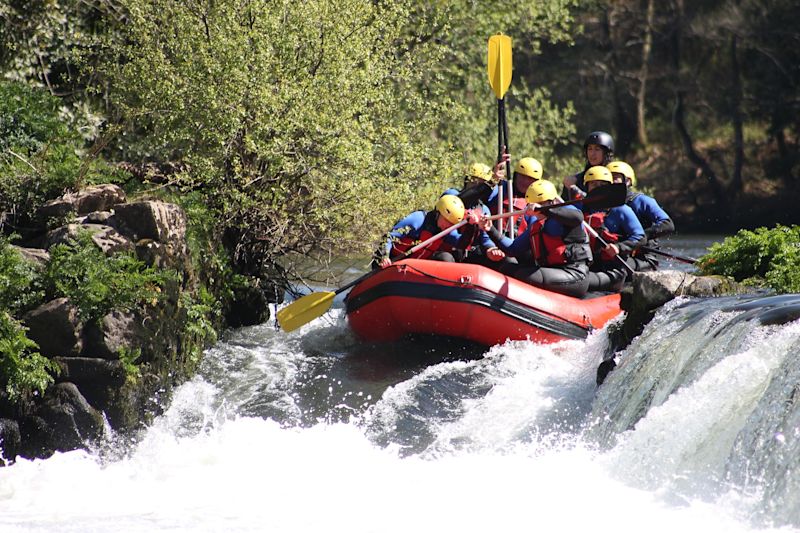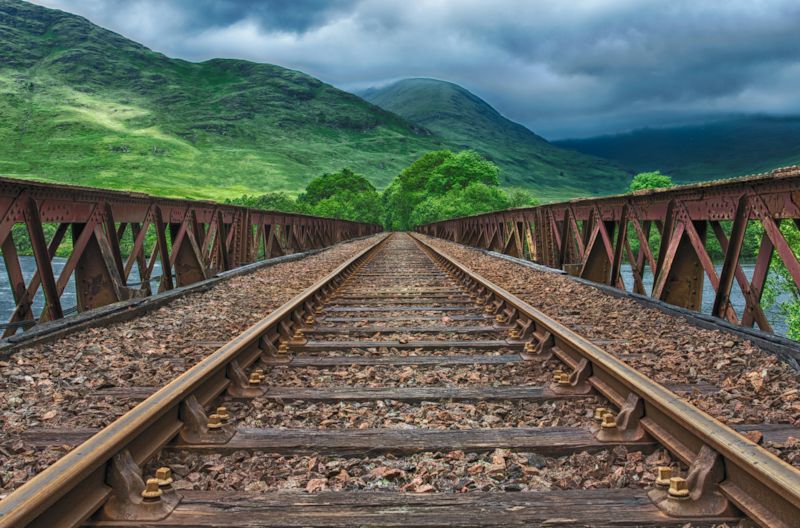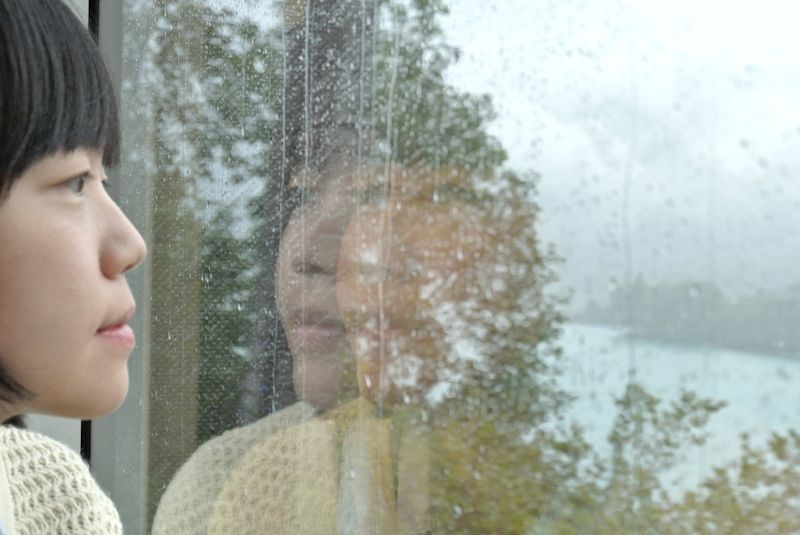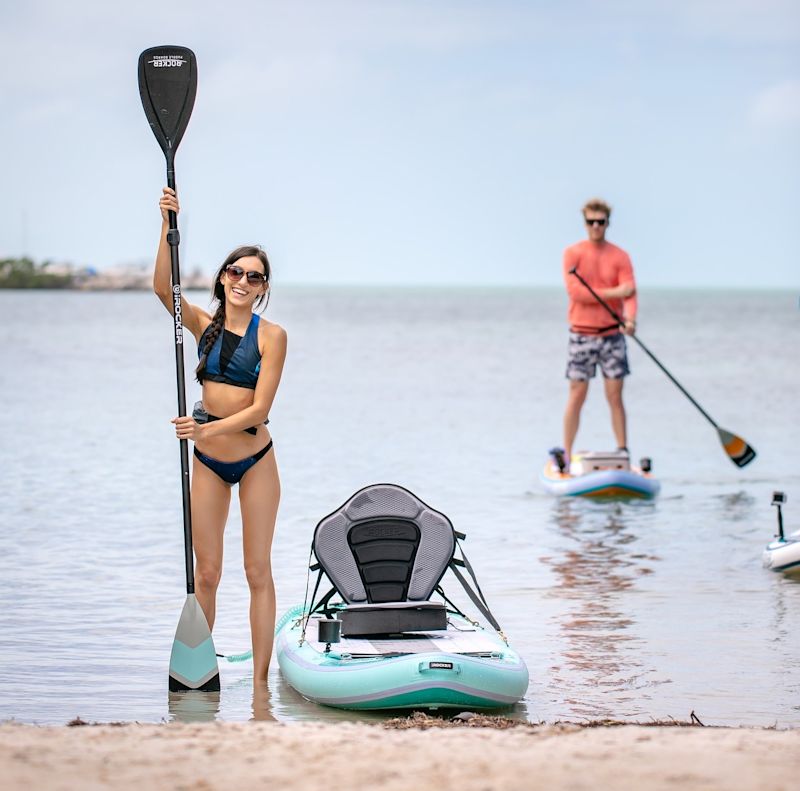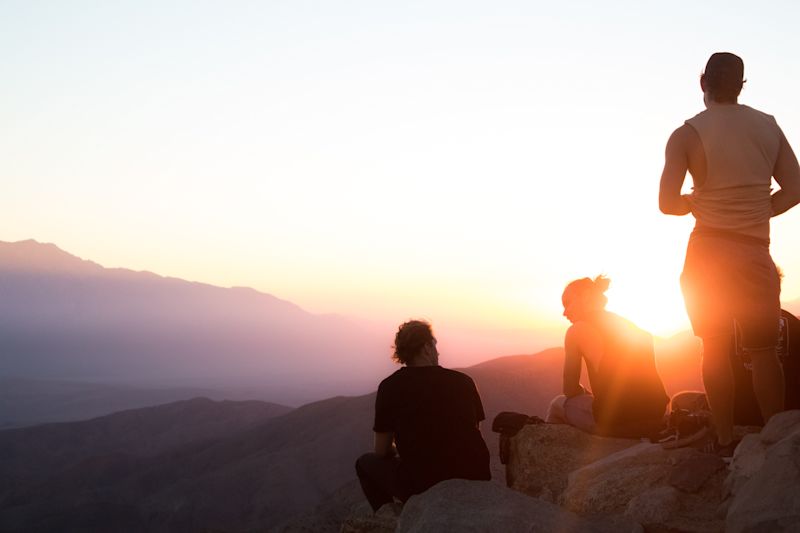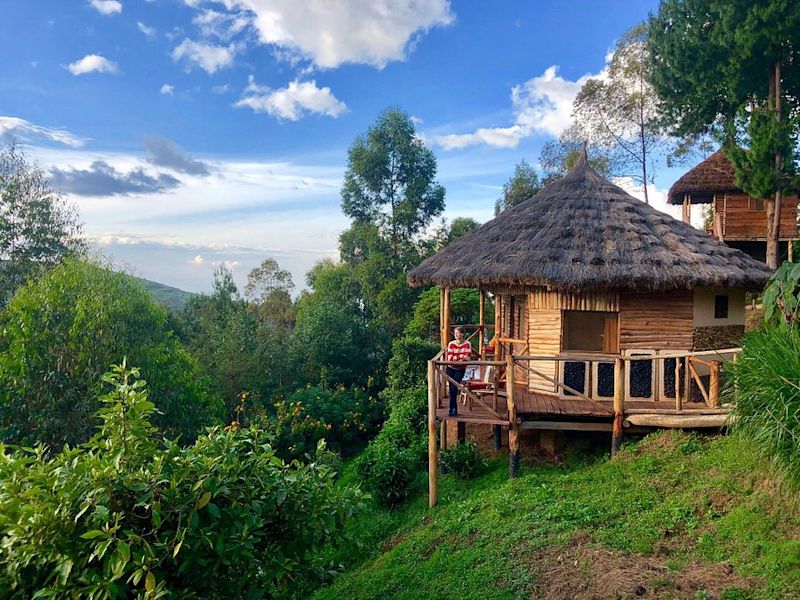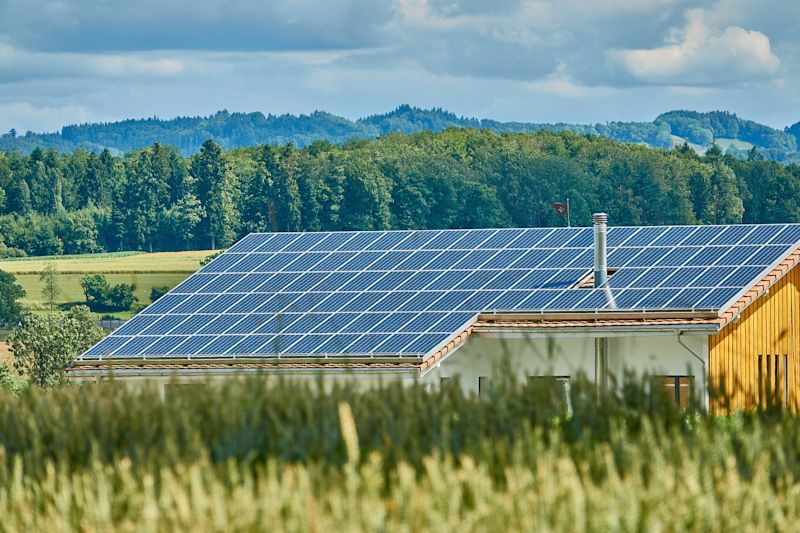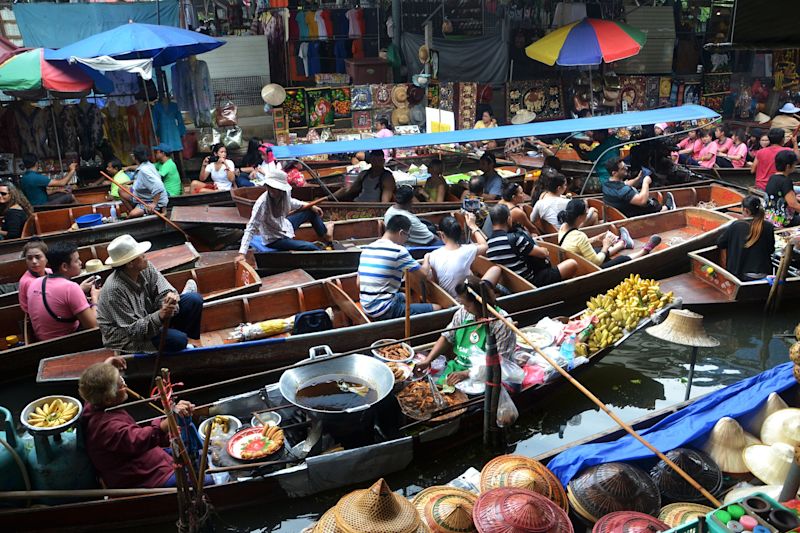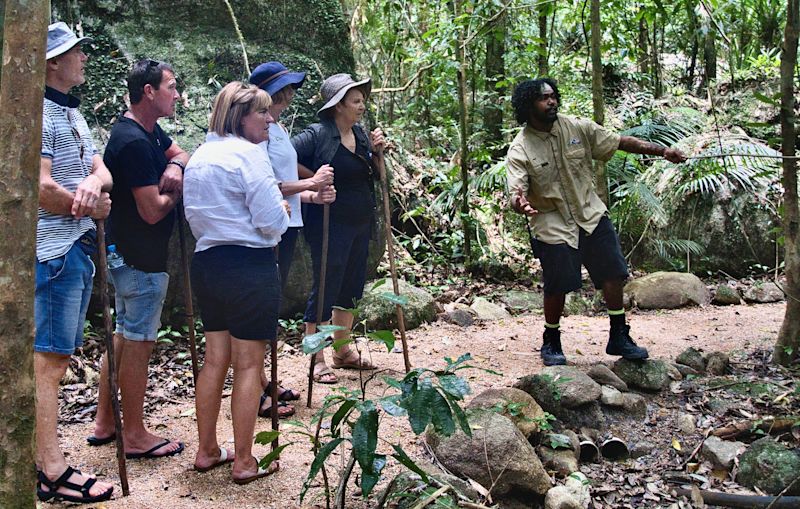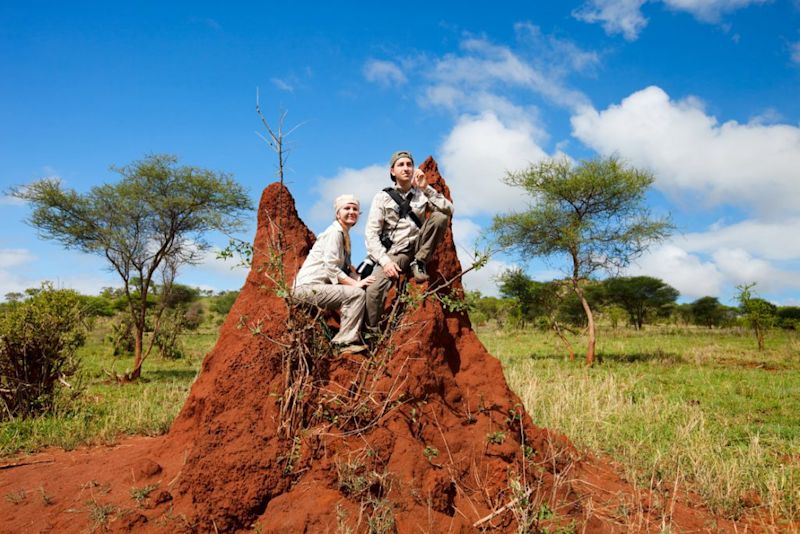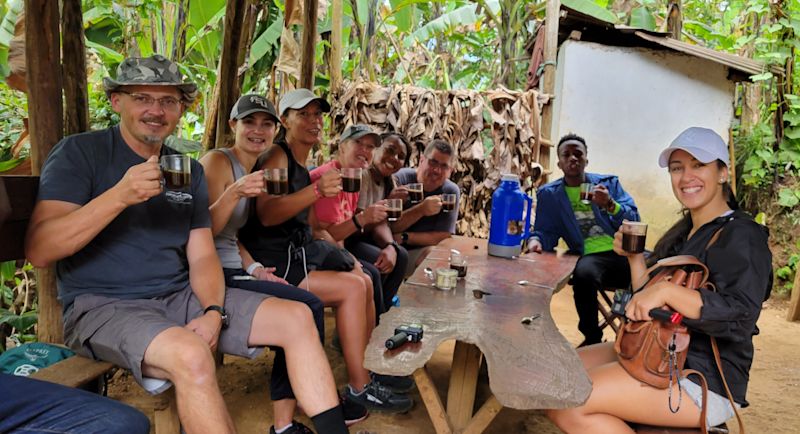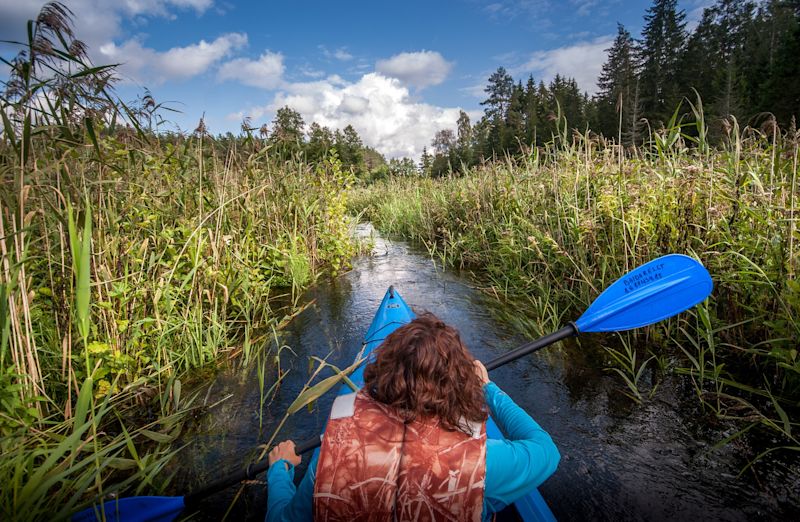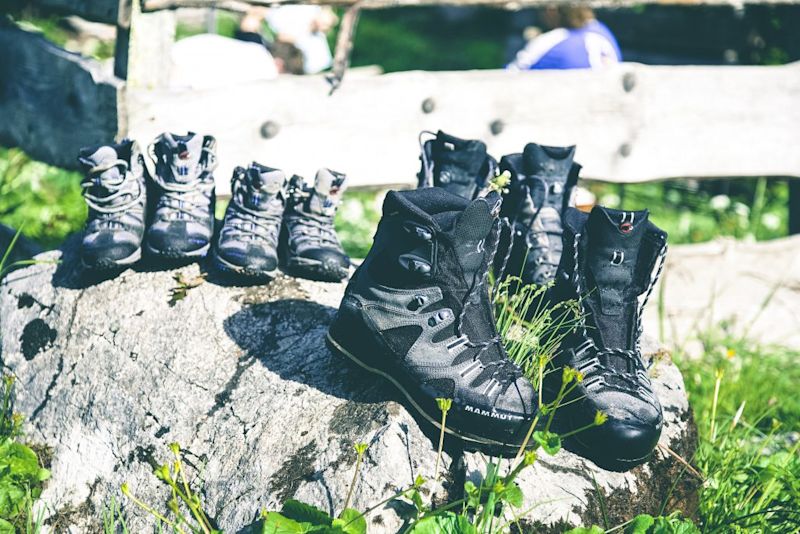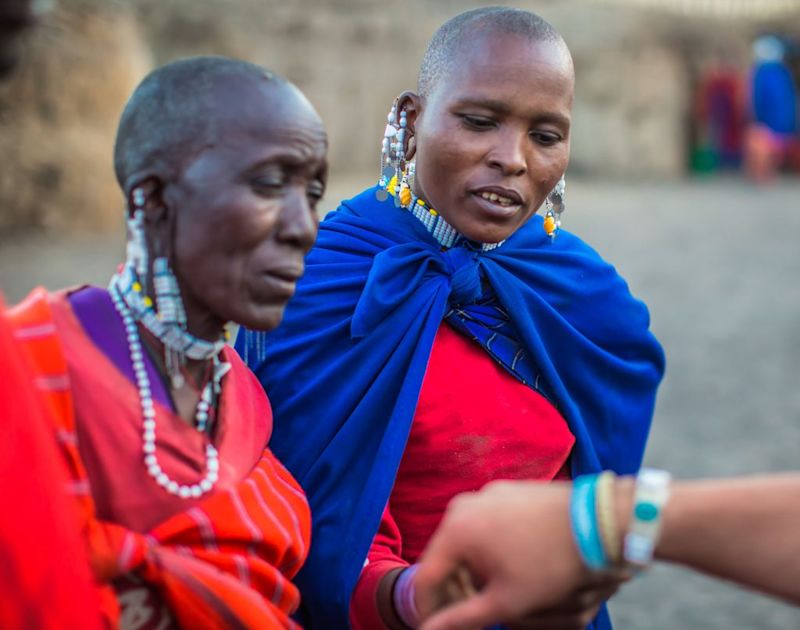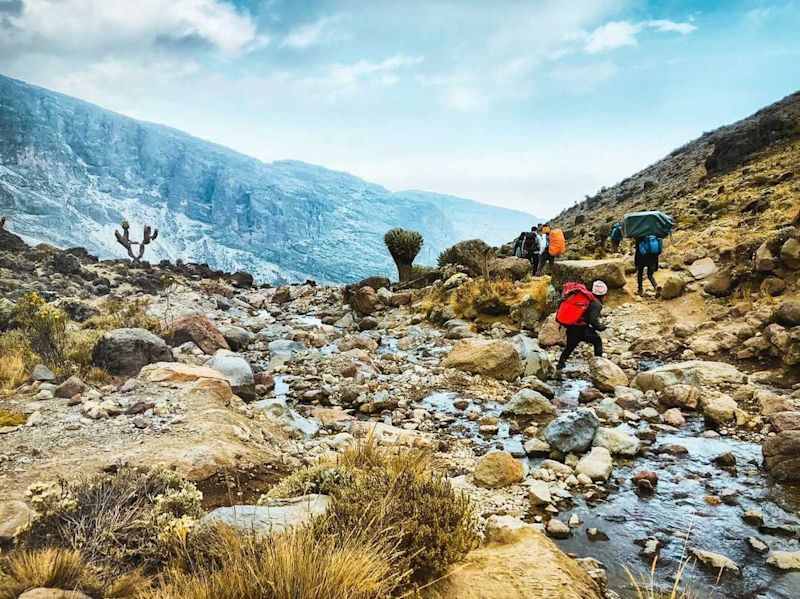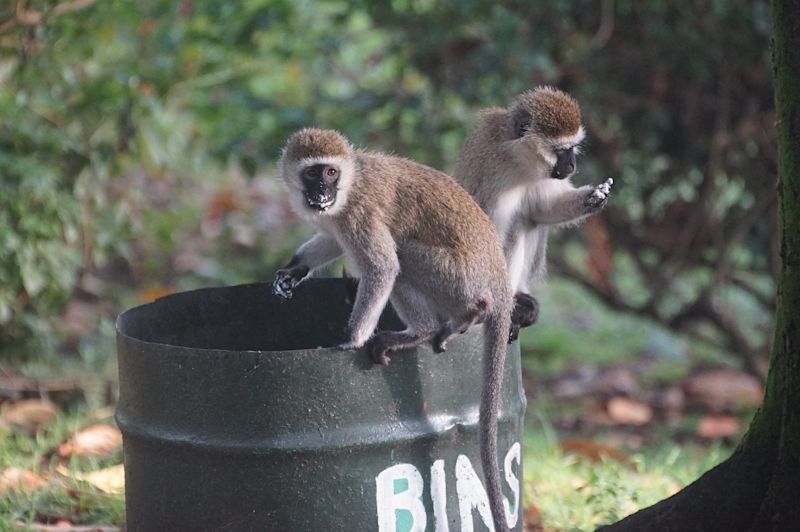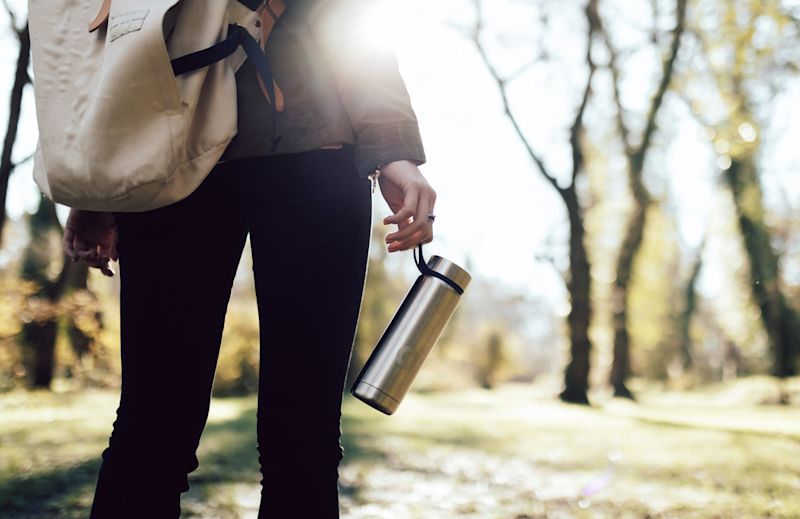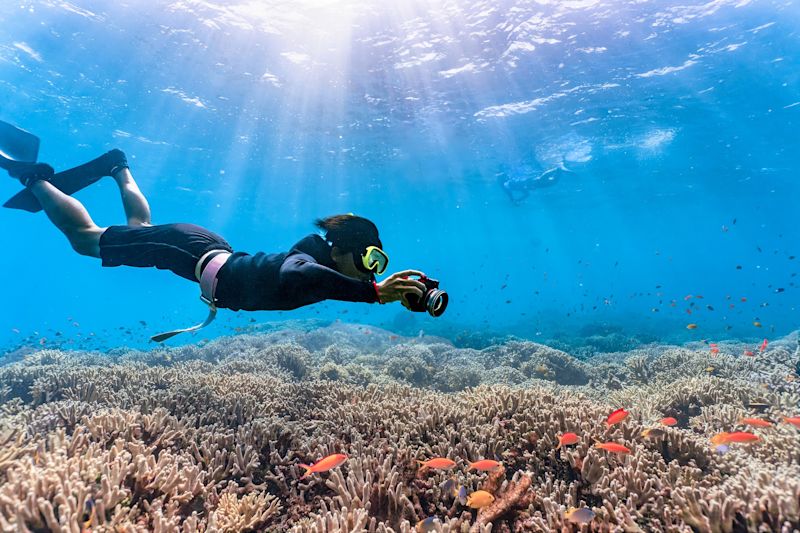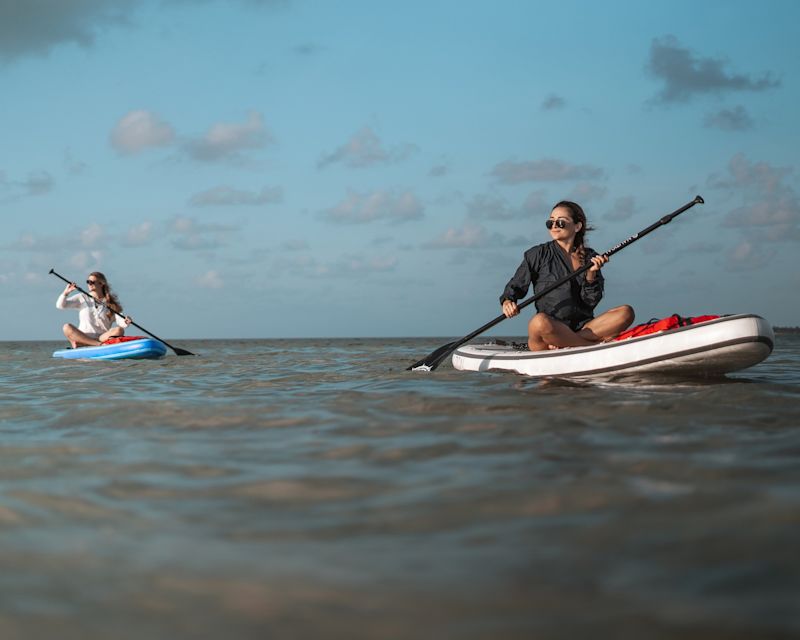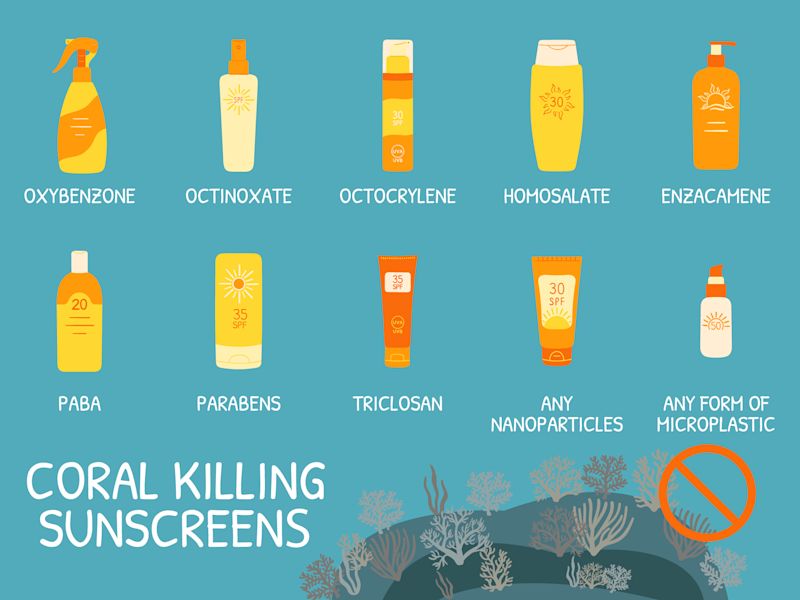We once had a traveller who wanted to climb Kilimanjaro with us but decided to use another tour operator because we weren't as yet partnered with the Kilimanjaro Porters Assistance Project (KPAP). (We're now a registered KPAP partner. 😊)
At the time we assured him we were undertaking the necessary steps to become affiliated (the approval process take a few months), but he opted for another company that was already endorsed by KPAP.
While we were sad, of course, not to host him, we admired his commitment to ensuring he only travelled with companies he was certain treated their employees fairly.
We know that there are many other conscientious travellers like him out there. It's what gives us hope for the future of our beloved travel and tourism industry!
One of our porters hosting a masterclass in camouflage
Thoughtful travel benefits everyone involved
The best sort of travel benefits everyone – and everything – involved. That means that the traveller as well as the visited community and habitat gain from the experience. (Or the environment at the very least isn't denigrated as a result.)
Tourism helps to create and sustain livelihoods as well as protect natural habitats and animals. It also fosters human connections and greater understanding and tolerance.
We know you already know that. But do you know the extent of it?
The World Travel & Tourism Council (WTTC) estimates that tourism accounts for 10% of jobs worldwide. Ten percent!
In 2020, the global travel and tourism industry lost HALF its revenue compared with 2019.
While some people might think that this drop in travel and tourism is good for the planet, we beg to differ. Travel isn't bad by itself – it can and does do a lot of good. It's when it's done without thought and care to people and the environment that harm is done, and its reputation gets tarnished.
So how do we become thoughtful travellers?
So the question of course is this: how do we travel responsibly and sustainably to ensure all stakeholders (not only the human ones) benefit? And benefit in real, equitable ways?
This is a very big topic, and there are many possible ways for all of us to make a difference. And the larger part of the burden sits squarely on the shoulders of the tourism industry itself.
But this blog post is about you, for you. It's for anyone wanting to be empowered to make good decisions in terms of how they travel.
With this in mind, we discuss some of the most accessible ways – both big and small – for you as an individual to travel both responsibly and sustainably ...
1. Avoid air travel when possible
Air travel emits 20 times more carbon dioxide than a train ride covering the same distance. You can think of air travel as having the carbon footprint of an elephant – it's large and goes deep in the ground. Rail, by contrast, is like a gazelle – it leave a spoor (print), but it's vastly smaller and shallower.
In fact, rail is the most eco-friendly form of transport if it's available to you, preferable to travelling by ship, car and plane. Even if you can convert only a part of your journey to rail travel, that's still a win.
Embrace slower travel
Trains are slower than planes, to be sure, but a mental shift can ensure we see the train journey as part of the adventure.
"Trains are wonderful ... To travel by train is to see nature and human beings, towns and churches, and rivers, in fact, to see life." Agatha Christie
In fact, many people love train travel for the hands-free, reflective time it affords them. For a few hours or days, you're forced to give up daily chores, rush, and to-do lists. As Anna Funder writes:
I like trains. I like their rhythm, and I like the freedom of being suspended between two places, all anxieties of purpose taken care of: for this moment I know where I am going.
2. Choose a sustainable type of travel
Some forms of travel are in general more responsible and sustainable than others.
Staying in a multinational hotel on an island on an all-inclusive package where you don't leave the resort and most of your money ends up in some foreign bank ... that's an example of a holiday that doesn't benefit the local economy and therefore isn't sustainable tourism.
An example of a responsible and sustainable holiday is a weeklong kayaking trip led by a local where all your trash is carried back with you.
Another example is going on safari and staying at a locally owned lodge that uses local produce to cook your meals. And your park fees are used to help conserve the wildlife and their habitat.
Adventure travel and ecotourism
Adventure travel and ecotourism are two forms of tourism with the smallest environmental impact. Moreover, they're often heavily focused on protecting the animals and habitats that serve as their star attractions. (Which is not to say that they don't have their issues, nor that all operators and providers are equally committed to conservation.)
Adventure travel and ecotourism are two of the more responsible and sustainable forms of travel.
While we don't mean to place all of the burden on the traveller – for sure it's the travel and tourism industry providers who really need to move the needle in terms of sustainability – you can vote with your feet when it comes to choosing the sort of travel you want to see flourish. And in this way you help to put pressure on the industry to do better.
On a personal level, you can also know that you're doing your best to be a part of the solution when you choose a form of tourism that is more mindful of the environment.
3. Choose accommodation carefully
We all want to stay somewhere nice. And many of us want somewhere that doesn't cost the moon. But the conscientious traveller also considers their choice of accommodation as it affects others and the environment.
With this in mind, we'd argue that the ideal accommodation choice is one that pleases you but also:
- Is environmentally sensitive in design.
- Has a minimal carbon footprint.
- Keeps your money in the country and region.
- Has inclusive hiring practices.
- Chooses suppliers thoughtfully.
In terms of point #4 above, you might be wondering what we mean by inclusive hiring practices ...
Inclusive hiring practices
We encourage you to look for establishments where the majority of the employees come from the region and have opportunities for growth and development. Even better if the establishment is locally owned, though this isn't necessarily the be all and end all.
Where we're not hugely excited is when international hotel chains, for instance, bring in loads of foreign employees, and the majority of revenue flies back out of the country. This is called economic leakage, and it often leaves communities living by great natural wonders and attractions unemployed and in poverty.
While individual choices in this regard may seem incapable of making real change, a global movement of informed and conscientious travellers really can make a difference!
Ideally you could also find out who an establishment's suppliers are. Do they import food or buy from local farmers, for instance? Not only is this about supporting the local economy, it also means the environmental footprint of the establishment is smaller.
Renewable energy sources
You might also like to look for accommodation that uses renewable energy sources, even if in part. According to the 2018 Green Lodging Trends Report, only 21% of hotels worldwide currently have on-site renewable energy. Note that small lodges, B&Bs, hostels and homestays are more likely than hotels to make use of renewable energy sources.
If this point on accommodation choice resonates with you but you can't find what you want to know online, try asking the establishment about it. Most that are really making an effort in this regard will happily tell you or point you towards the relevant information. It also gives them the opportunity to tell you about any other upliftment projects they may be engaged in or support.
4. Support minority and marginalised groups
Wherever you go in the world, there are certain demographic groups that could really use your support as a tourist. It could be women, an under-served rural village, a blind community, a marginalised ethnicity or caste ... the situation is different wherever you go.
Nowhere in the world is a truly equitable place, so we encourage you to consider which groups of folks might truly benefit from you visiting.
Greater equity is needed in the travel and tourism industry, and your choices can make inroads in rectifying the situation.
If there's a group of folks close to your heart, consider researching ways to ensure your tourism money helps to empower this group.
In some cases it might be going and staying among a society new to tourism and hoping to develop the local economy through this avenue. Or it might simply be including one or two visits to such communities or their organisations, and spending money there. Perhaps you could hire a local guide, purchase homemade goods, attend a festival or cultural experience, or pay for a home visit and traditional meal.
5. Support recovery efforts
Certain human populations, environments and animal species around the world could really benefit from your tourism right now.
Think of the wildlife and communities devastated by the 2020 wildfires in Australia, for instance. Or the Nepali villages still recovering from the horrendous 2015 earthquake.
There are many regions and communities needing help in rebuilding a hurt economy, environment and tourism industry.
It's easy to hop on the bandwagon in visiting a destination that's currently 'having a moment'. But you might like to make a strategic choice that makes your next adventure travel that much more meaningful.
6. Choose an inclusive tour operator
We also encourage you to consider your choice of tour operator in terms of more than just price and positive reviews. You might like to read up on the values and practices of the tour operators you're considering to find out which ones best align with your own values.
In particular, you might like to find out if they're an inclusive employer. Of course this means looking deeper than what they say, and seeing if they actually practice inclusivity. Try reading their "About us" page and looking at their social media feeds.
If you'd like to be a truly conscientious traveller, consider carefully the tour operator you give your money to.
Inclusivity can refer to a few things. Most obviously, does the company employ women, folks of different races, people with disabilities, and so on?
Photo by our client Lucy Lofton
You might also like to consider what quota of the staff represent the country where the adventure trip is taking place? For travel to really benefit a host country or region, a tour operator should employ locals, and not just in lower positions, but also within management.
While it's meaningful on a personal level to travel with a tour operator that matches your values, there's also a practical element to it. The more that consumers favour ethical and inclusive companies, the more other companies will need to rethink their own practices to remain competitive and viable.
7. Choose an eco-conscious tour operator
Travel – and adventure travel in particular – is largely about visiting beautiful, rare and special landscapes, natural features and animals. Preserving them is therefore the job of all who love travel. We encourage you to choose a tour operator that places a high value on protecting and preserving the environment.
At the very least, we encourage you to choose a tour operator with environmentally sensitive policies and practices.
Again, finding this out might take a little research. A company doesn't necessarily have to be branded as an eco-tourism initiative to be fighting the good fight. Look at their website and social media. Alternatively, simply message and ask them to let you know what conservation efforts they have in place.
This point is an especially important one if you're planning to go diving. Ethical diving operators seek to reduce their impact on marine life and habitats. Check on the company's certifications and look to see if it's affiliated with any marine conservation NGOs or the like.
The same goes for trekking and other land-based activities – companies that have the stamp of approval from their particular industry's watchdogs are better choices than those without.
8. Support a local NGO
A great way to add to the value of your trip is to look for one or more ways in which to benefit the visited community or environment while actually there.
Probably the best way to get involved is to contact a local NGO before your trip and ask what you can do to help while in the area.
We encourage you to do your research to find out how you can be truly useful where you're headed.
We're all aware that even with the best of intentions, foreigners can sometimes bumble into situations they know little about, and actually do some harm instead of the good that was intended.
With this mind, we think it's best to work with a respected local organisation that knows what they're doing, and knows how best you can help.
Make plans before your trip
For those of you who are motivated to engage in a specific cause during your travels, we suggest getting in touch with an NGO or charitable organisation before your trip. Establishing early contact could make all the difference in terms of how useful you can actually be.
Getting in touch with an NGO before your trip is often key.
For instance, you might like to find out before your trip what items are really needed or would be appreciated and then bring those along to donate.
If you're going trekking, for instance, you could gather together new or good-condition secondhand boots and warm clothing to give to trekking guides and porters in need of these items. (Or you could leave yours behind when the trip is over.)
Alternatively, you could find out what books, toys and games are really needed in a local school and bring those along. Or you could enquire if one of your skills (like IT, crochet, plumbing or web design) might be something you could do or teach to benefit someone or an organisation?
Finally, you could inquire if your tour operator has any NGOs or similar initiatives that they can recommend. Or perhaps they can help to make an idea of your own happen by driving you somewhere?
Make use of your tour operator's connections and local knowledge.
Engaging in a thoughtful project to benefit the local community or environment could give your travels an incredible extra layer of purpose and connection.
9. Purchase from locals
Where possible, try to buy meals, snacks, gifts, souvenirs, packaged foods like coffee beans, and other items from independent shops, collectives, markets, street stalls and caravans and the like.
Expensive hotel shops, shopping malls and large chains generally don't need your money as much as local breadwinners and entrepreneurs.
You're also more likely to be buying authentic goods when buying from locals. And you're more likely to be rewarded with a smile, maybe some chitchat, and a story to go along with the item once back home.
10. Ask for permission to take photos or videos
Legal issues aside, it's always better to ask someone's permission before taking their photograph. It's simply good manners. And you might even find it sparks a little conversation.
But more than that, you want to be respectful of people's privacy as well as their beliefs and preferences. Some cultures might not be au fait with cameras and having their likenesses snapped. Be sensitive to different cultural norms.
If you're travelling with a guide, ask him or her to help you know what's acceptable and not. Where there's a language barrier, ask your guide to be your intermediary should you wish to ask permission to take a photo.
Finally, be sensitive to situations where photos and videos really just aren't needful or helpful. We rely so much on visual records, but perhaps your experience of a run-down neighbourhood can just be stored in your memory.
11. Follow all park guidelines
Please follow all of the rules of a national park or the like whenever you travel, even if you don't always understand the reason for them. For starters, it's just about being law-abiding and respectful. Secondly, there may be consequences that aren't readily apparent to you as a a foreigner, such as harming or attracting unwanted wildlife.
Most parks, campsites and protected spaces will have a board or placard with rules and guidelines by the entrance. Take a moment to glance over these, and don't assume you already know them all. Some might be for your own benefit – like not picking flowers not because they're endangered, but because they're poisonous.
We recommend inputting any emergency contact numbers into your phone, even if you feel it's unnecessary. It might be that you need to call the authorities on behalf of someone else. (Early in 2022, for instance, a couple in a South African game park saw the car in front of them overturned by an elephant bull and wanted to help but didn't know who to call.)
Please also always take careful note of where and how to dispose of litter. There may be specific guidelines that are different from what you have at home based on the landscape and the wildlife living there.
The same goes for human waste – find out what the best practice guidelines are. In Kilimanjaro National Park, for instance, you cannot leave even used toilet paper alongside the trail, even if buried – rather, you must pop it into a little baggie and carry it to camp, where it can be put in a bin that will be carried off the mountain.
And it's not only about animals and the environment. Being a responsible traveller also means considering others, including other travellers. There are certain do's and don'ts you should follow in different situations, albeit on a camping, trekking, kayaking or rafting trip. If you're new to such activities, you might like to research some of these suggestions. (We can help you out with Trekking tips for beginners.)
12. Bring a reuseable water bottle
While there aren't any countries as yet to have banned plastic water bottles, we all know that they're an environmental scourge. Most often the reason for buying a plastic bottle of water is lack of forethought – you're thirsty, and you gotta have that H2O. Perhaps you look for water being sold in a glass bottle, but you're not likely to find any outside of restaurants and cafes. Moreover, if the water's to be carried with you, you don't want the extra weight of the glass.
With this in mind, please plan ahead and bring a reuseable water bottle or two on your trip.
If you're heading to a destination where the tap water isn't potable, consider purchasing a water bottle with a built-in purifier. In this way you won't need to worry about water purification tablets.
Also consider carrying a bamboo or steel straw so you won't need to use a plastic one if that's all that's on offer. By all means bring along a glass straw, but we all know what's going to happen to that in your luggage!
13. Use an eco-friendly sunscreen
If you're planning to be in the water on your trip, whether swimming, snorkelling or diving, please ensure the skin products you use aren't harmful to coral reefs and marine life. As much as 14,000 tons of sunscreen ends up in our oceans annually, according to the Journal of the American Academy of Dermatology. That's A LOT.
Sunscreen enters the ocean not only when we're in the water, but also when we shower and it's washed off. That ends up in the ocean too. And then when we spray sunscreen onto ourselves, some lands on the sand, which ultimately gets washed into the sea too.
The detrimental affects of different sunscreens are varied, from decreased fertility in certain fish and dolphins to messing with the DNA of coral reefs.
Chemical vs mineral sunscreens
There are two types of sunscreen: mineral and chemical. Mineral sunscreens sit on your skin, so to speak, providing a protective layer that prevents you from being burned by the sun's rays. Chemical sunscreens, on the other hand, make use of synthetic compounds that absorb the UV light before it reaches our skin.
It's the chemical sunscreens that are the most to blame for the environmental crisis. It's so bad that some countries are planning to ban chemical sunscreens. But not all mineral sunscreens are created equal, and so they're not a shining lot either.
So how do you choose a safe sunscreen that will also protect your skin? We suggest that you look for a mineral sunscreen that includes no nano particles (these are damaging to marine life). It should state that it's 'reef safe'. It's even better if you can find one that has a Protect Land + Sea Certification.
And there you have it. That's a wrap on our suggestions of big and small ways to travel responsibly and sustainably. Do you have others you'd like to suggest? You know we'd love to hear them! Please fill up that comment section below with your thoughts and insights. 🤓
